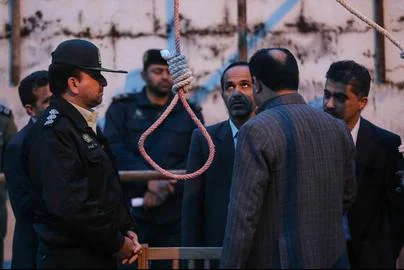
Tensions have resurfaced between Botswana and the United Nations Committee Against Torture following renewed criticism over the southern African nation’s continued enforcement of the death penalty.
In a report released Monday, the Committee voiced deep frustration over what it described as Botswana’s persistent silence on potential legislative reforms, despite repeated calls from international human rights bodies to abolish capital punishment.
The UN panel highlighted its disappointment at the lack of progress, stating that Botswana’s refusal to engage in meaningful dialogue on the matter signals a worrying disregard for evolving international legal standards on the prohibition of cruel and inhuman treatment.
“The government of Botswana has yet to provide any substantive response regarding legislative amendments or moratoriums on the death penalty,” the report noted, calling on the authorities to take urgent steps toward reform.
This latest clash marks a continuation of long-standing tensions between the UN and Botswana, one of the few African countries that still carry out executions.
Human rights organizations have consistently criticized the country’s stance, arguing that the death penalty is incompatible with modern human rights principles.
In previous reviews, the Committee Against Torture and other UN mechanisms have urged Botswana to consider alternative forms of punishment and align its legal framework with global norms.
Yet the government has maintained that the death penalty remains a legal sentence under national law and is enforced only in the most serious cases, such as premeditated murder.
The report also raised concerns about transparency and due process, with critics pointing to limited access to clemency procedures and secrecy surrounding execution dates as further violations of human rights obligations.
As Botswana prepares for upcoming legislative sessions, international observers are watching closely for any sign of a shift in policy.
But with the government continuing to uphold its sovereign right to apply domestic law, the future of the death penalty in Botswana remains uncertain — and firmly at the center of international scrutiny.



